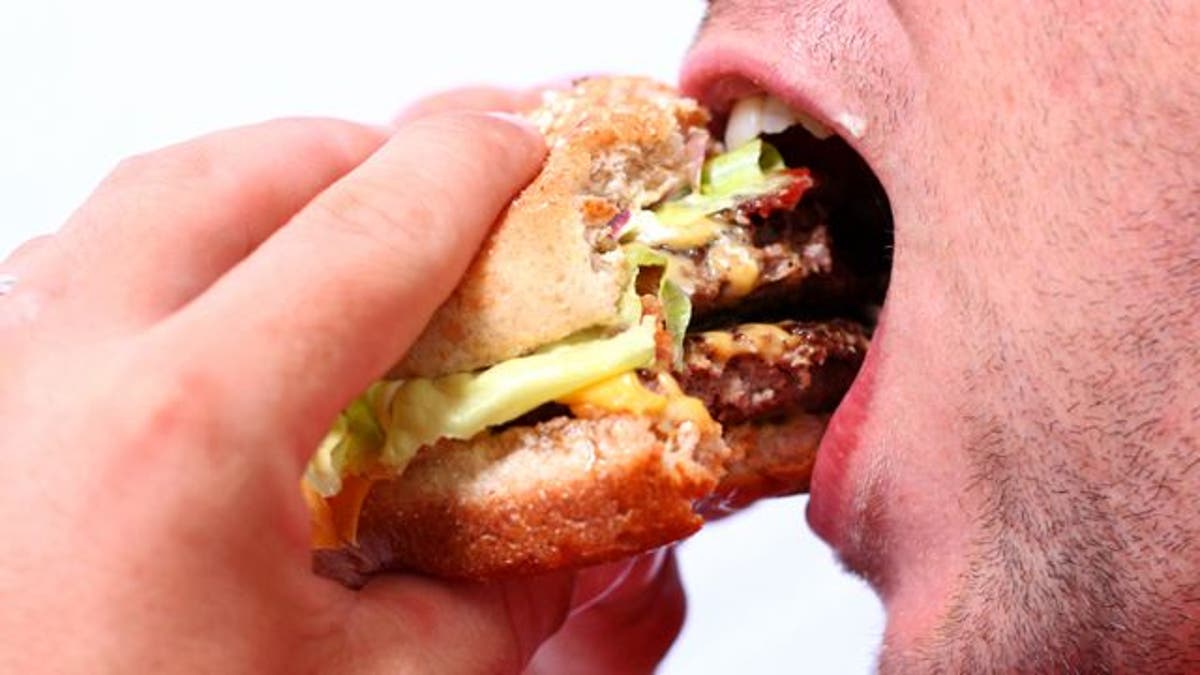
After years of research showing the harms of trans fat, the unhealthy substance has finally been banned as a food additive. But now that trans fat has been taken off the table, is there another highly concerning ingredient that should be banned next?
Experts say there really is no exact parallel to trans fat; the ingredient is unique in just how bad it is for you, how common it was in the food supply and how unessential it was for nutrition. But there are a few candidates for the "next trans fat," although they will probably be harder to regulate, experts said.
On Tuesday (June 16), the Food and Drug Administration ruled that trans fat is not "generally recognized as safe" to be added to food, meaning that the ingredient will now be considered an illegal food additive. Companies have three years to either remove trans fat from their food, or petition the FDA for permission to use the additive in specific cases.
Banning trans fat was a pretty easy decision to make, because of how bad it is for health, said Thomas Sherman, an associate professor of pharmacology and physiology at Georgetown University School of Medicine in Washington, D.C. Studies show the ingredient not only increases levels of "bad cholesterol," but also lowers levels of "good cholesterol" and increases levels of fats in the blood, which in turn increase resistance to the hormone insulin.
"As trans fat goes up, the risk of everything we were trying to prevent goes up as well," Sherman said.
The ingredient "really did prove to be a disaster in many respects." [9 Snack Foods: Healthy or Not?]
Although people eat a number of other things that are bad for them, there's nothing else quite like trans fat, in terms of the level of agreement among researchers about how much harm it does, said Dr. Jason Block, an assistant professor of population medicine at Harvard Medical School in Boston.
"I don't know if there's anything in the pipeline right now that has that degree of evidence, and the effort behind it, that would rise to the level of trans fat," Block said. "I think there are lots of dietary things that people recognize as harmful, but those things tend to be harmful when over-consumed," rather than harmful in and of themselves, Block said.
For example, sugar, saturated fat and refined carbohydrates are bad for you if you eat too much, whereas with trans fat, there's no level that's known to be safe, Block said.
Still, Sherman said that sugar, particularly added sugar, could be a candidate for the next trans fat.
"I think that what trans fat does, in terms of increasing your blood pressure, increasing cholesterol, are the same kinds of things that sugar does," Sherman said. "Certainly, the levels at which people consume simple sugars is toxic," Sherman said.
In addition, just as the FDA required trans fat to start appearing on food labels in 2006, the agency recently proposed including "added sugar" on updated food labels.
When people can see how much sugar has been added to a product — which gives them a sense of how artificial a food is — they may stop buying it, Sherman said. Food manufactures might then start to remove added sugar from their products, just as they found ways to remove trans fat after it was listed on labels. "I think sugar will be the next frontier," Sherman said.
Other experts said calories themselves could be the next trans fat.
"We know that we're increasing our intake of calories," and as a consequence, rates of obesity, diabetes and high blood pressure are going up, said David Levitsky, a professor of nutrition and psychology at Cornell University.
"If the role of government is to maintain the health of the population, and that's the reason they gave for withdrawing the trans fat, then I think he same logic could be used to argue a restriction in calories," Levitsky said.
However, it's unlikely that sugar will ever be considered "unsafe" to add to foods, experts said, and calories are essential for survival. So sugar and calories are harder to regulate than trans fat.
Regulations on portion size and taxes on sugary foods could reduce calorie and sugar consumption, but such polices have so far been controversial. A proposal to ban the sale of large sugary drinks in New York City was later struck down by a state appeals court in 2013. It's much more likely that consumers will start seeing changes to food labels before limits on portion size or taxes on sugary foods come to pass, Sherman said.
Only time will tell whether another food additive will be identified as particularly harmful to health. After all, people used to think that trans fat was healthier than animal fat, before studies showed the contrary. Although there is no additive right now that has the same level of evidence against it as trans fat, "that's not to say that there won't be something that emerges," Block said.
Copyright 2015 LiveScience, a Purch company. All rights reserved. This material may not be published, broadcast, rewritten or redistributed.